Voice control is one of the most exciting technology trends that has emerged in recent years. Thanks to home hubs and smartphones, it has become a part of many consumers’ everyday lives. For tourism companies, it is important to respond to this, embrace new approaches, and capitalize on the technology’s potential. Here, you will learn more about voice control and how it can help the travel industry.
Table of Contents:
- What is Voice Control?
- How Does Voice Control Work?
- How Voice Control Can Benefit the Travel Industry
- Which Devices Are Used for Voice Control?
- Examples of Voice Control Within the Travel Industry
- Privacy & Security Concerns
What is Voice Control?
Put simply, voice control is a technology that allows devices—including smartphones, smart home hubs, smart TVs, and personal computers—to understand human speech and respond appropriately to simple voice commands. In doing so, the devices can be controlled by a user’s voice rather than traditional control methods. According to the Voice Recognition Market Report by Mordor Intelligence, the global voice recognition market size is projected to grow at a CAGR of 22.98% until 2029.
This may mean, for example, that a voice command can turn the device on or off. However, some smart hub devices can also control or interact with other devices. As a result, multiple devices can be controlled by voice commands given to the smart hub.
How Does Voice Control Work?
Voice control works through artificial intelligence, internet connectivity, and, in some cases, the Internet of Things (IoT). Artificial intelligence allows devices to recognize speech patterns, while internet connectivity allows the devices to relay relevant information to answer questions.
Meanwhile, the Internet of Things refers to Internet capabilities in everyday devices. This allows them to send and receive data, potentially allowing a voice-controlled hub to simultaneously serve as the control point for multiple devices. As a result, voice commands might control TVs, radios, lights, heating, etc.
How Voice Control Can Benefit the Travel Industry
Read about the benefits of voice control in the travel industry.
1. Hyper-Personalization
The travel industry’s main use of voice control technology has centered on hyper-personalization. By implementing voice-controlled smart hubs in hotel rooms, guests can more easily adjust various room features, including heating, air conditioning, lighting, etc.
Deployed in this way, voice commands can also be used to control entertainment devices, such as televisions, allowing customers to easily get their room exactly as they want it from anywhere in the room.
Table: Examples of Hyper-Personalization of Voice Control in Travel Industry
| Application Area | Functionality | Benefits of Hyper-Personalization |
|---|---|---|
| In-Room Voice Assistants | Guests can use voice commands to control room features like lighting, temperature, and entertainment systems. | Enhances guest comfort and convenience by allowing easy customization of room settings. |
| Personalized Travel Information | Voice-controlled devices provide real-time travel information, recommendations, and updates based on guests’ preferences and itineraries. | Offers tailored travel experiences and advice, improving the overall trip planning and execution. |
| Voice-Controlled Booking and Reservations | Allows guests to make bookings, reservations, and inquiries through voice commands on their devices or hotel systems. | Streamlines the booking process and offers personalized options based on past behavior and preferences. |
| Interactive Travel Guides | Voice-activated travel guides provide personalized recommendations for attractions, dining, and activities based on travelers’ interests. | Delivers bespoke travel experiences, enhancing discovery and enjoyment of the destination. |
| Automated Customer Service | Voice recognition systems address guest inquiries and provide assistance, learning from each interaction to offer personalized support. | Increases satisfaction by providing instant, tailored assistance and reducing wait times for help. |
| Feedback and Review Collection | Guests can leave feedback and reviews through voice commands, making the process more accessible and immediate. | Encourages more guests to share their experiences, providing valuable insights for personalized service improvements. |
2. Information Provision
In the past, guests often had to rely on information desks for information, such as the number for a taxi or directions to a nearby attraction. While the internet and the widespread availability of smartphones helped change that, voice control technology has still advanced the process.
Now, travel and tourism information can be obtained simply by asking a device a question without the guest leaving their room. The information can be obtained in real time, ensuring it is up-to-date. It can be based on location, ensuring directions, travel times, and other information are even more accurate than human knowledge.
3. Customer Service
Finally, the travel industry can use voice control technology for general customer service. This might allow a guest to schedule a wake-up call, make a room service order, or request more towels just by speaking to their smart hub, with no queues or delays and no need to go down to the front desk.
Voice-controlled smart hubs can also be synced up with restaurant booking processes, electronic gym key card systems, and other hotel services, making them easier and faster to access.
Which Devices Are Used for Voice Control?
While a wide range of devices now use voice control at least some of the time, the technology is most commonly associated with ‘home hub’ products. The most popular examples include Amazon Echo, which includes the Alexa assistant; Google Home, equipped with Google Assistant; and Apple HomePod, complete with Siri. According to a Statista Survey, Amazon Alexa dominates at 65% of the market share.
Additionally, smartphones have widely used voice control, with Google Assistant, Siri, and Microsoft Cortana being some of the best-known AI assistants in this setting.
Examples of Voice Control Within the Travel Industry
Find some of the examples of voice control and recognition technology in the travel industry.
1. Alexa for Hospitality
Alexa for Hospitality is an Amazon service specifically targeted toward those in the travel and tourism industry. It is based on the Amazon Echo home hub but can be tailored to specific hotel services. Guests can speak to the device in their room to control lights and heating or play music playlists.
Video: Alexa for hospitality
2. KLM’s Smart Pack Assistant on Google Home
The KML smart pack assistant works through the Google Home hub. Users can speak to the assistant and tell it where they are traveling to, and the smart pack assistant will provide them with a list of things to pack, tailoring the suggestions based on weather forecasts, the length of the trip, and the planned list of activities.
KLM’s smart pack assistant on Google Home
3. Expedia Skill for Amazon Alexa
Expedia Skill for Amazon Alexa allows users to manage their upcoming trips easily through voice interaction technology. It will keep track of everything from flight information to hotel reservations and enables users to reserve a car from a nearby car rental store, all through voice interactions.
Expedia skill for Amazon Alexa
Privacy & Security Concerns
One of the challenges for those in the travel industry looking to adopt voice control technology involves maintaining customers’ privacy. After all, most voice-controlled devices are designed to constantly listen out for the wake-up command, while in many cases, the actual voice interactions are recorded and stored.
However, several solutions can help ease customers’ concerns and improve adoption rates. For instance, the Alexa for Hospitality service automatically deletes interactions once per day, while hotel owners can remotely clear the device, too. Moreover, it is important that the devices used can be turned off easily, and for some hotels, the best option may be to allow guests to opt out of voice control options entirely if they so wish.
Voice Control in Travel Industry FAQs
Voice control technology offers various benefits for those in the tourism industry. It helps to improve the customer experience by increasing personalization and streamlining other services. That said, the key to successful implementation is to protect guests’ privacy and offer them the ability to opt-out, too.
Did You Like This Article About Voice Control in Travel Industry?
You might also be interested in the following articles:
- How Augmented Reality is Revolutionising the Travel Industry
- How Artificial Intelligence is Changing the Travel Industry
- How Virtual Reality is Transforming the Travel Industry
- Robots in the Travel Industry: Real-World Examples
- How Blockchain Technology is Transforming the Travel Industry
- How the Internet of Things (IoT) can Benefit the Travel Industry
- Ways Facial Recognition Can Be Used in the Travel Industry
More Tips to Grow Your Business
Revfine.com is the leading knowledge platform for the hospitality and travel industry. Professionals use our insights, strategies, and actionable tips to get inspired, optimize revenue, innovate processes, and improve customer experience.Explore expert advice on management, marketing, revenue management, operations, software, and technology in our dedicated Hotel, Hospitality, and Travel & Tourism categories.
This article is written by:
Hi, I am Martijn Barten, founder of Revfine.com. With 20 years of experience in the hospitality industry, I specialize in optimizing revenue by combining revenue management with marketing strategies. I have successfully developed, implemented, and managed revenue management and marketing strategies for individual properties and multi-property portfolios.

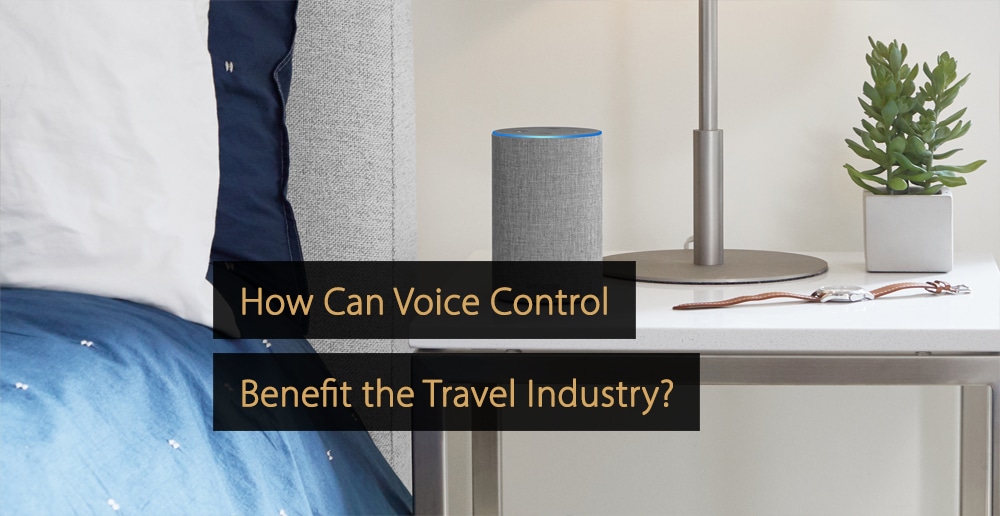
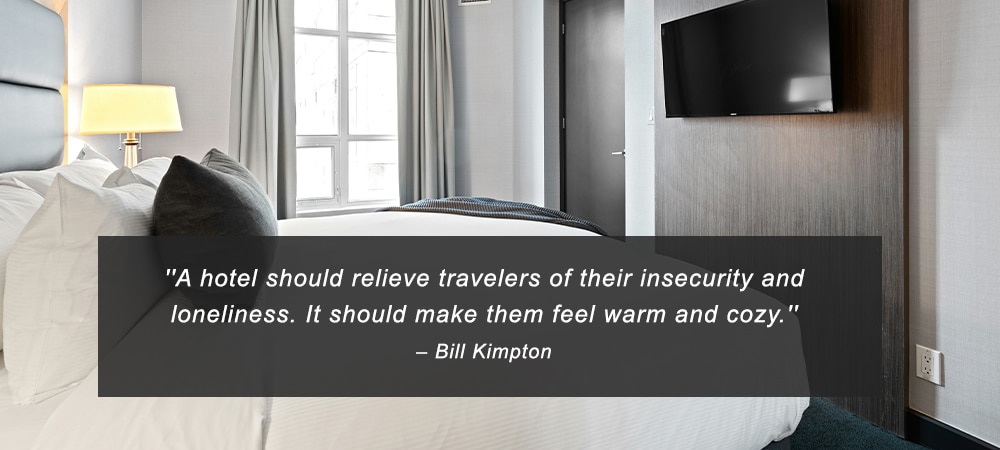

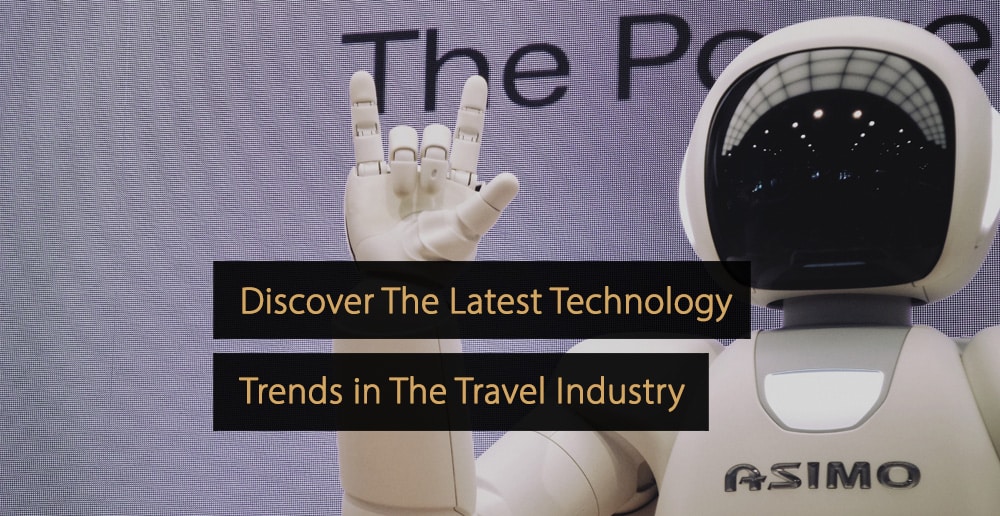
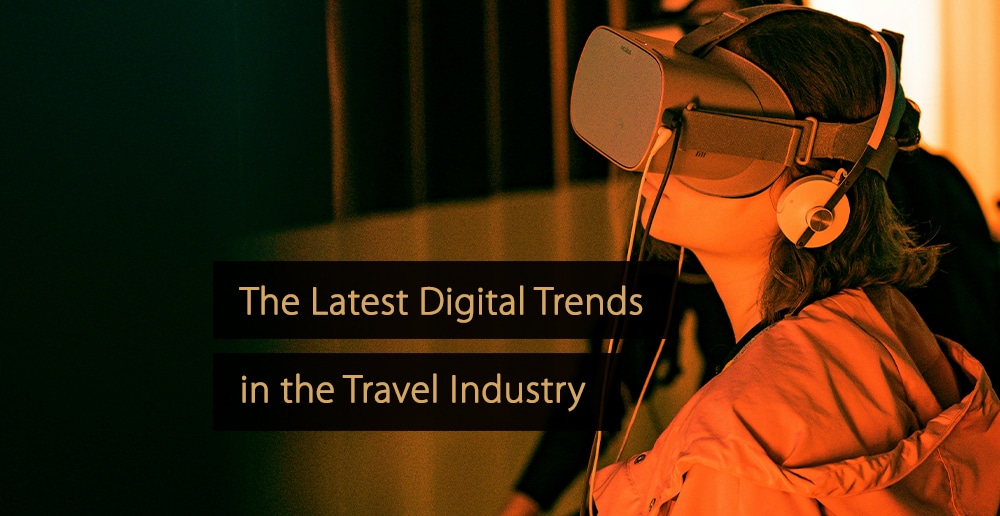

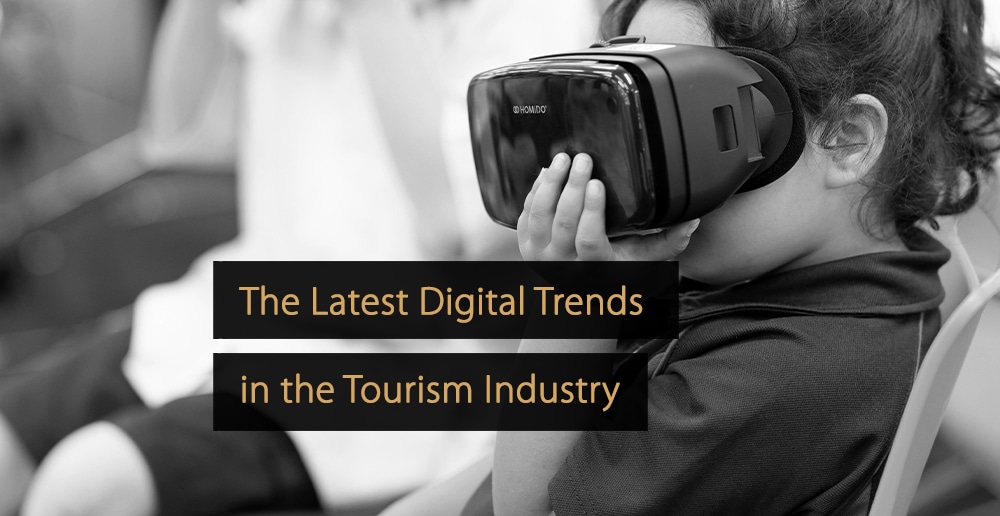

Leave A Comment